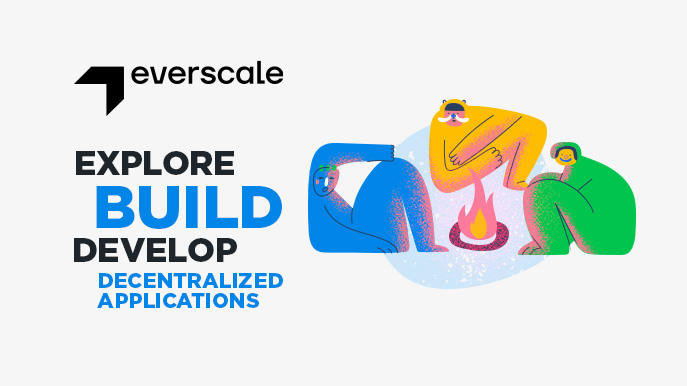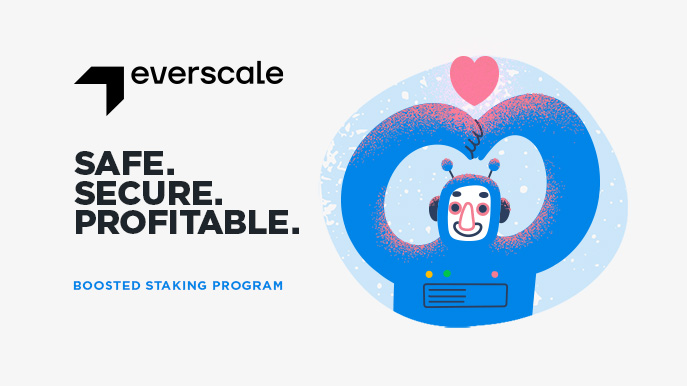
The post Everscale Boosted Staking Program With 20% APY. Say Bye To Bank Deposits. appeared first on Coinpedia - Fintech & Cryptocurreny News Media| Crypto Guide
The hype
The increase of interest in crypto in 2021 was astonishing. The interest switch from fiat money to blockchain-based tokens was one of the hottest topics in the news, whole countries entered the market introducing decentralized currency to their residents.
Bank deposits were losing their positions – close to zero interest rates, government regulations and control are not the things that people wait for from finance these days.
People, hyped by the perspectives of DeFi and NFTs, started onboarding into the economical ecosystem of blockchains.
Some of them already heard about the technologies but some were still ‘normies’ who have never dealt with crypto. High APY (Annual Percentage Yield) rates and quick token flipping look very promising and profitable for recently born investors.
Anyone’s judgment can be clouded with hundreds of percent seeming to be easily earned with no risks attached. But impermanent losses are there and not every NFT has enough liquidity to be sold on the secondary market.
But what is a quiet haven for investors that want to play it long-term with minimal risks? Staking is the answer.
The foundation
Staking is the foundation of any Proof-of-Stake blockchain which ensures the operability of the network rewarding those who lend their tokens to the system.
In most cases, the APY of staking is much lower than the numbers offered by DeFi projects. But where high APY’s are, the higher risks await the user and one should check his farming portfolio constantly trying to predict market fluctuations.
Staking, on the other hand, offers stable passive income – the changes of exchange rates don’t affect the staker as he is rewarded with the native token of a given network.

Everscale network is an L1 blockchain that uses Proof-of-Stake consensus and runs on 400+ decentralized validators. The network technology uses multithreading that makes it scalable and able to process millions of transactions per second being safe and secure.
Base APY for staking in the network depends on the workload and brings 5% of the annual percentage yield.
There is no lock period in traditional staking – one can withdraw his EVER tokens and receive them back at their address within one full validation cycle – 54 hours.
Boosted staking
Boosted staking program offers an additional 15% APY for the users who are ready to invest bigger sums with the lock period to get up to 20% APY in total.
Everything in Everscale is a smart contract and staking is not an exception. A special smart contract called Depool has been developed at the very start of the network to ensure that users’ funds are secure and are not controlled by anyone else.
The security of the code is guaranteed by formal verification that the contract has also successfully passed.

Staking process is clear as day and does not require any specific knowledge or understanding of market mechanisms and trends if compared to DeFi segment.
After purchasing EVER in Ever Surf or on an exchange (already available on top exchanges as gate.io and MEXC), the user withdraws the token to his Ever Surf wallet address.
The communication with depool smart contract is organized through a special debot – Boosted staking debot – a chat-like interface that helps users interact with the Everscale blockchain directly.
After following the simple steps in the dialogue where you choose the number of tokens to stake and the lock period, the process is complete.
Money loves the patient
Staking is the best pick for long-term investors who don’t want to run in circles between farming platforms trying to avoid impermanent losses wasting their stamina and nerve cells.
Boosted staking in the Everscale network provides an additional percentage to the staked tokens making the program more profitable and attractive to those seeking passive income in crypto assets they own.
The usage of formally verified smart contracts makes this initiative comparable to bank deposits but totally decentralized and controlled by users only.
0 Comments